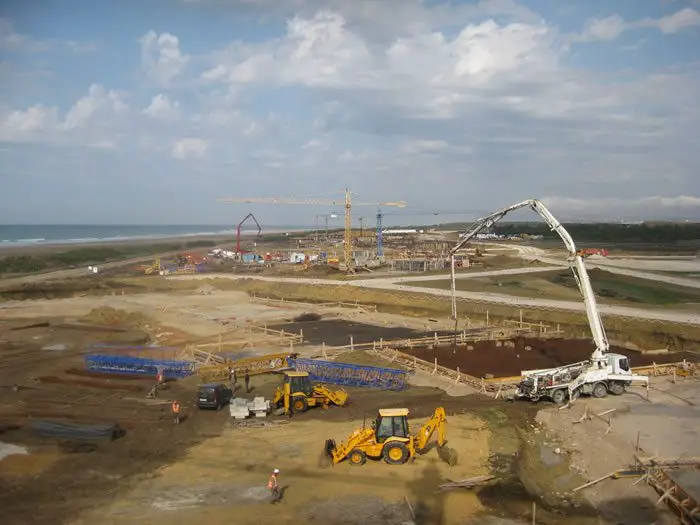The Moroccan construction industry registered a compound annual growth rate (CAGR) of 4.27% during the review period (2009-2013). This growth was supported by government reforms including the liberalization, modernization and privatization of previously government-run sectors. Despite the financial crisis and the Arab Spring uprisings, the government increased expenditure on the construction and renovation of roads, airports and seaports.
This is according to a research report on construction in Morocco – Key Trends and Opportunities to 2018. The report indicates that the construction industry growth is expected to remain healthy over the forecast period (2014-2018), as a result of the governments focus on infrastructure and residential construction. The residential, infrastructure and commercial construction markets collectively accounted for 84.1% of the construction industry’s value in 2013. The contribution of these three markets will be significant to overall industry growth, with industry output expected to record a forecast-period CAGR of 5.06%.
The construction industry is one of the most important industries for the Moroccan economy, accounting for 14.8% of GDP in 2012. According to the country’s national statistics agency, Haut Commissariat au Plan, the construction industry’s value add at constant prices rose by 3.2%, from US$940.7m in the fourth quarter of 2012 to US$996.3m in the fourth quarter of 2013, driven by the government’s investment in improving the quality of infrastructure, education and healthcare, and in building affordable homes to meet the rising demand.
Growth in the residential construction market will be supported by a number of affordable housing projects. In 2013, in a bid to increase the supply of affordable housing and create jobs in the country, the International Finance Corporation (IFC) announced its plan to invest US$50m in Alliances Group, a leading Moroccan home builder, which will help the company to construct 110,000 affordable housing units by 2020.
The infrastructure construction market is expected to record healthy growth driven by investments in road, rail, and energy and communications infrastructure. A number of large transport projects to improve and expand the country’s road and rail networks are in progress. Morocco’s National Railways Office is currently constructing the Tangier to Casablanca High Speed Rail project, which is estimated to be completed in the first quarter of 2016.
To improve the supply of drinking water in Chtouka Ait Baha province and Agadir, the capital of Agadir-Ida Ou Tanane province, the Islamic Development Bank (IDB) approved a US$272.0m loan in February 2014 to develop water infrastructure in the regions.

Leave a Reply